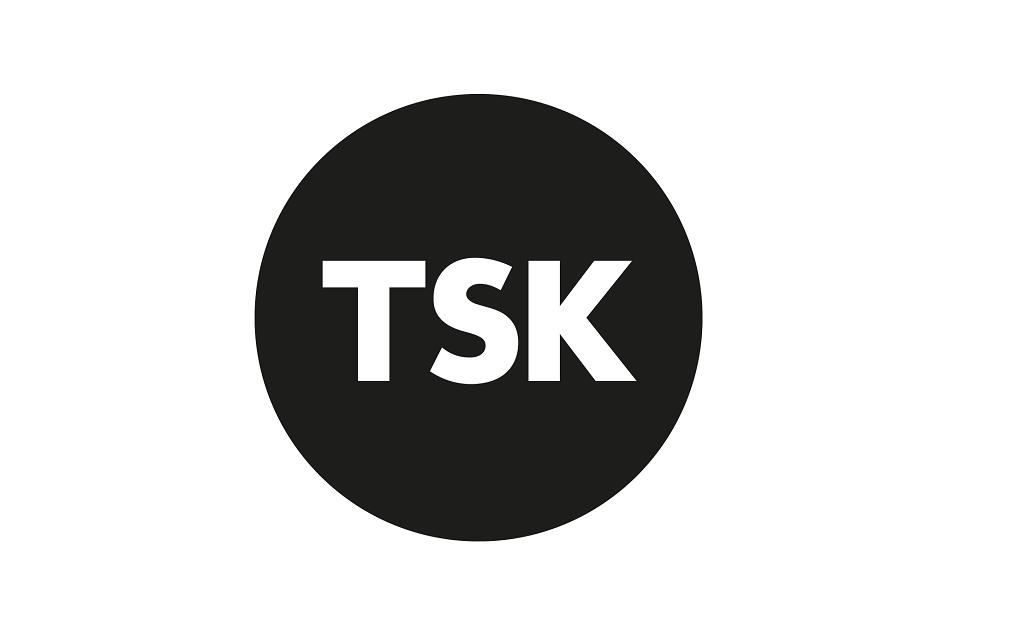VAT changes for the construction industry
There is going to be a major shake-up in the treatment of VAT in respect of building work from 1 October 2019.
Carolyn Van Hecke, Senior VAT Manager in Cowgills specialist Property and Construction team takes a look at this change and explains what this means for those in the construction industry.
New ‘reverse charge VAT accounting’ rules will apply to all qualifying supplies made on or after 1 October 2019. This will mean that suppliers of goods or services will no longer be involved in the payment of VAT to HMRC. Instead, the liability for VAT payment will be with the customer. Under the new regime, a VAT-registered business, which supplies certain construction services to another VAT-registered business, will be required to issue a VAT invoice stating that the service is subject to the reverse charge.
The VAT registered customer will have to declare the VAT due as output tax on their VAT return and reclaim it via the reverse charge mechanism.
Why are HMRC implementing these new rules?
HMRC are making this change in an attempt to tackle VAT fraud. The new rules aim to prevent the situation where the contractor pays the sub-contractor the price plus VAT for services, but the sub-contractor then fails to account for the VAT to HMRC.
Who will be impacted?
The new reverse charge will apply to the same range of construction services that are currently covered by the Construction Industry Scheme. Specifically it will apply to B2B supplies of those services between VAT-registered businesses where the recipient then makes an onward supply of the same construction services.
The new rules won’t apply where:
- ⦁ Services are supplied to the end user, such as the property owner, or directly to a main contractor that sells a newly completed building to the customer
- The recipient makes onward supplied of those construction services to a connected company;
- The supplier and recipient are landlord and tenant or vice versa; or
- The supplies are zero-rated.
What action should construction businesses take?
Construction businesses should review supplies made to and received from other VAT registered contractor to establish whether these will be subject to a reverse charge from October 2019.
Sub-contractors may find themselves in a repayment position as a result of now not having to charge VAT on certain supplies and they will have to either wait for quarterly VAT refunds or submit monthly returns.
Also, contractors won’t be able to benefit from offsetting input tax on unpaid purchase invoices against output tax on their supplies. This could leave them with a higher VAT liability which may be payable before they have received payment from the customer.
There may be benefits for contractors because they won’t need to pay the VAT to the sub-contractors and they can make sure that the correct VAT is applied via the reverse charge.
For more information contact carolyn.vanhecke@cowgills.co.uk
Selected industry experts bring you insight and expert advice, across a range of sectors.
Subscribe for free to receive our fortnightly round-up of property tips and expertise
Selected industry experts bring you insight and expert advice, across a range of sectors.
Subscribe for free to receive our fortnightly round-up of property tips and expertise





